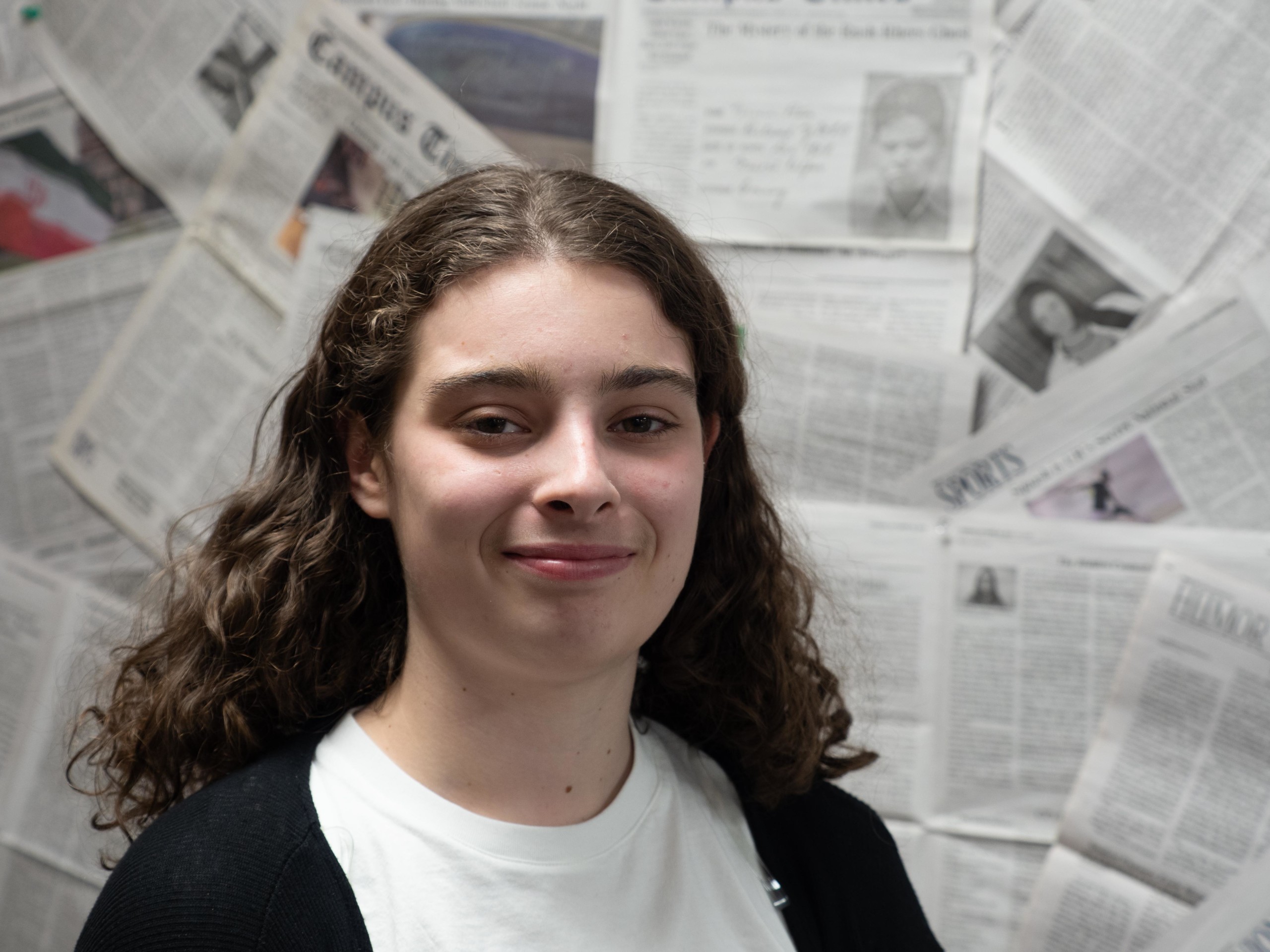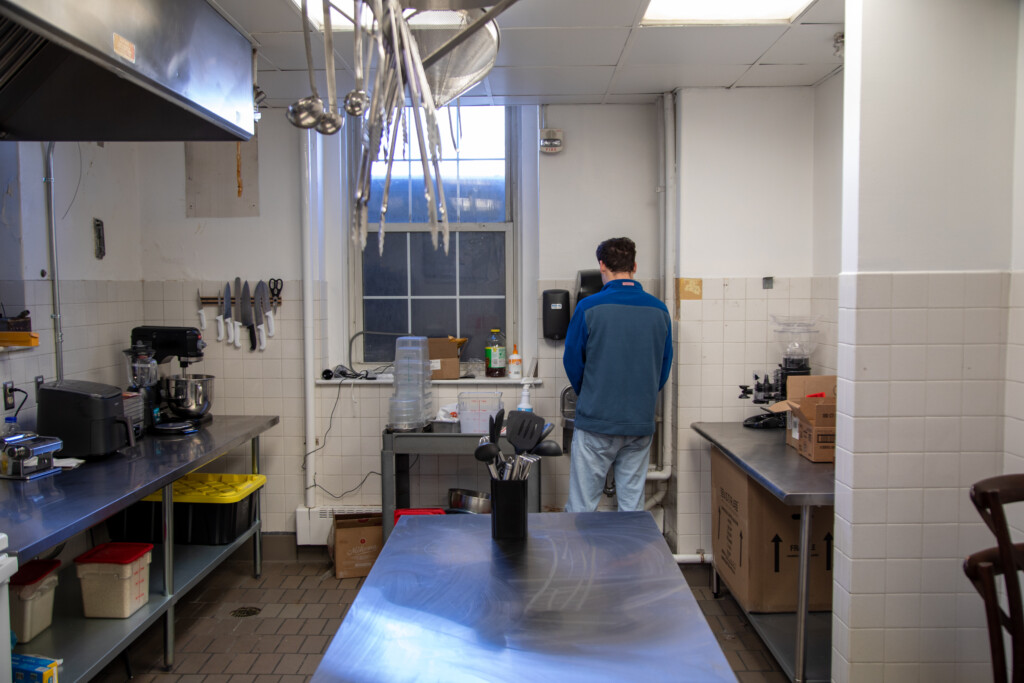One of the goals I have held for myself during my time writing for the Campus Times is to speak up, because I deeply regret the time I didn’t.
Sports were my everything growing up. I was able to exercise my thoughts, frustrations and emotions; the field was my sanctuary. But the safe pocket I had scraped out for myself was corrupted during my junior year of high school. It felt as if I was tied to a cement block and thrown into the ocean, and I was thrashing to stay afloat. I thought it was best to stay quiet about my agony at the time and the weight became an unwelcome presence everyday. Against the advice of family and friends to tell the administration at my high school what was happening, I didn’t. I told my family, my friends, and my support system not to do anything. I didn’t want to cause more drama in an already drama-filled season. I thought I could get through it. That’s what sportsmanship was all about, wasn’t it? Putting yourself aside for the betterment of the team?
Until I couldn’t get through it. The soda pop was shaken, and it burst out of the bottle in the fall of my senior year on Nov. 11, 2018. It was the day of my admissions interview for MIT, but before it in the morning, basketball practice. The memory is branded into my head — the walk home to get changed for my interview trying to force myself, tears and sweat stinging my face in the cold, nausea creeping up as I tried to force myself to stop crying so my eyes wouldn’t be red. The weight pulsed in my stomach as the MIT alum delved into my life, and all I could remember was how my life was torn apart an hour before. That was the point I knew that I wasn’t going to be able to continue doing the thing I loved, because it wasn’t healthy for me to be there. I left the team because I thought it would be better for everyone.
Teachers and adults at my school were astounded when I quit. But no one really asked why. I think the reason was because everyone knew the answer wouldn’t be good.
And I thought the problem was fixed. Until it bubbled back up in the spring.
I couldn’t avoid talking to anyone this time, because it was pretty out of character for me to be involved in a tumultuous argument in and outside of the girls locker room. I was crushed by this point, and I wanted help. Until the help I got was a pat on the back and a general “that sucks.” I asked myself, why fight? You’re going to be out of this school in a month, would it be worth it?
My hands are pretty shaky and my eyes are burning as I write this, because every bone in my body wishes I fought tooth and nail. I want to go back and hug 16 year-old Melanie for thinking that she had a responsibility to go through what she did to not make things worse. I want to rain hell on the high school for not doing anything. I am furious that what was 16-year-old Melanie’s security blanket became a nest of thorns.
But it’s not the main reason I wish I decided to stand up for myself. By choosing not to fight, I allowed the problem to continue. Because what happens to the next Melanie Earle? What happens when they are backed against the wall and feel alone? Who is going to help them? It’s terrifying to stand up and say something, but it’s dismaying to think about who could be suffering because I didn’t. By taking action could have I created change?
The Campus Times has become a way for me to speak up. Not only for myself, but to be a microphone for students who feel silenced, who feel alone, and are searching for the support I wish I had from my high school when I was 16 years old. That is the power of journalism. That’s why I am so passionate about it — you can create change and stand up. You can highlight the hard efforts of a student body that feels overlooked. You can speak for what you believe in, share your experiences, hoping someone learns a lesson you wish you learned sooner. And that’s what I want the Campus Times to be moving forward — a representation of the UR community, for better or worse.


